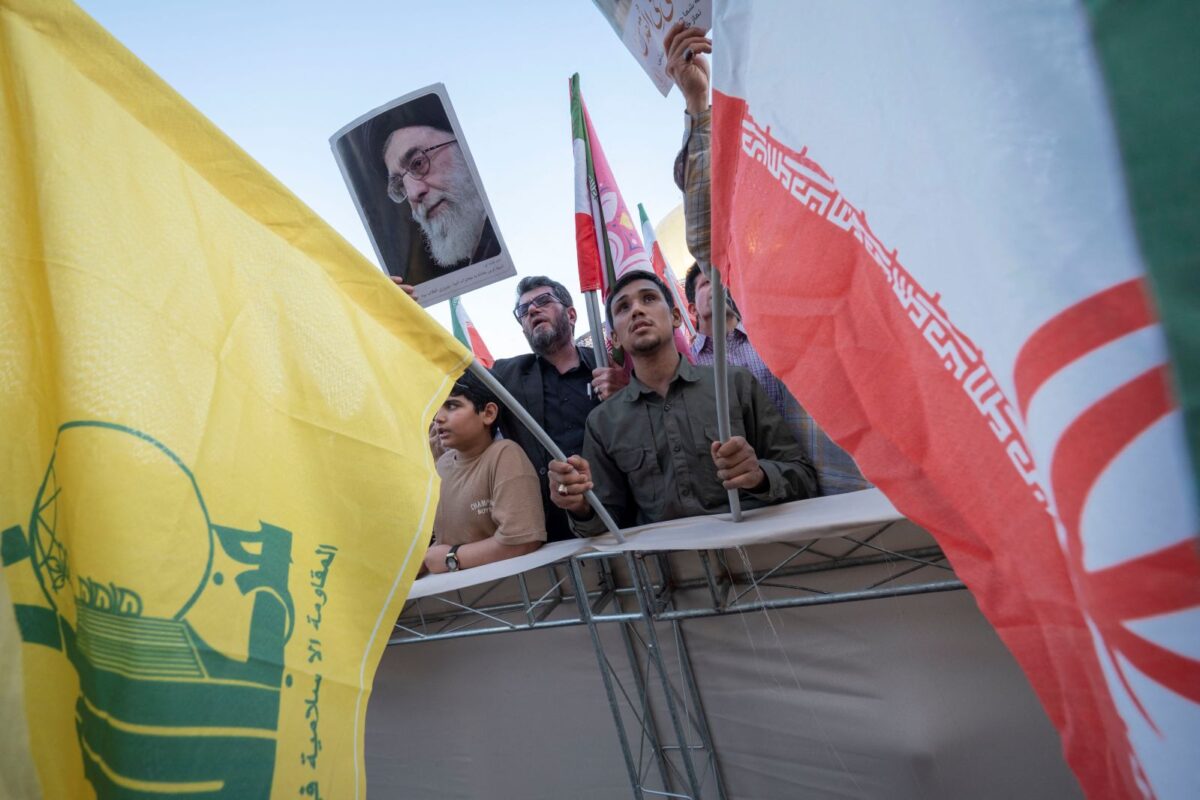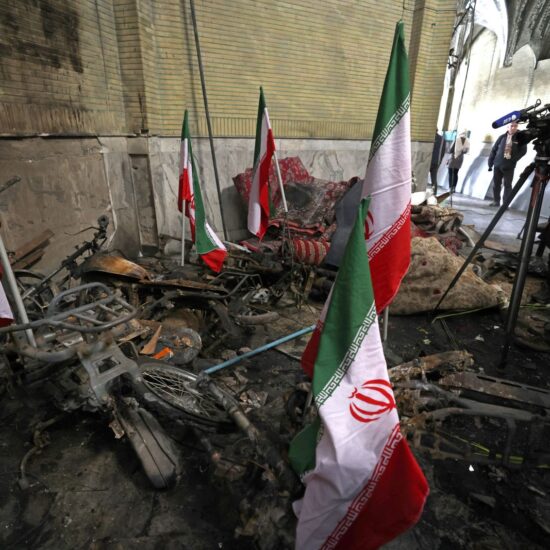
As tensions escalate and fears of a wider regional war intensify, all eyes are once again on Hezbollah
In the midst of an unprecedented escalation in the newly-erupted Israel-Iran war, Hezbollah has warned that a US strike on Iran would ignite the region. The implication is clear: a continued war on Tehran means war with the entire Axis of Resistance. But coming from Hezbollah—just months after one of the most devastating chapters in its history—such threats raise more questions than fears.
To understand where Hezbollah might go next, we need to revisit where it now stands.
Between 2023 and 2024, Hezbollah fought a costly war with Israel that left much of its military infrastructure in ruins. That conflict—quietly acknowledged by many as a strategic defeat—ended in November 2024 with a ceasefire deal that saw Hezbollah accept terms heavily skewed against it. Its senior military leadership had been wiped out. Its weapons routes through Syria were dismantled. Its ability to project power into northern Israel had been neutralized.
This was not a deal born of diplomacy or strategy. It was born of necessity. Hezbollah had no better cards left to play.
So now, as the Iranian regime faces the risk of direct confrontation with both Israel and the United States, Hezbollah finds itself in a dilemma. It cannot sit back entirely, its legitimacy is rooted in being the “resistance” arm of the Axis. But can it afford to go all in? Can it survive a full-scale regional war at a moment when its own forces are depleted, its deterrence broken, and its domestic support increasingly strained?
The question isn’t just whether Hezbollah will act. It’s whether Hezbollah is willing to risk its entire existence to defend a regime in Tehran that may no longer be able to defend itself. Would Hezbollah follow the Iranian regime into a suicidal confrontation if the balance of power tips further against them? Or would it choose self-preservation, and evolution?
Some regimes do choose suicide. History offers many examples of systems that collapse not because they are defeated, but because they cannot imagine themselves existing in any form other than their most rigid ideological shape.
But it doesn’t have to be that way.
Hezbollah—like the Iranian regime—has a choice. It can either go down defending an old order that is slipping away, or it can begin to reposition itself for a different future. One where its role evolves. One where pragmatism trumps rigidity.
Political movements across history have transformed. The Republican and Democratic parties in the United States for example bear little resemblance to their original ideological identities. Revolutionary movements around the world have, when pressed by necessity or opportunity, reshaped themselves to survive. Hezbollah, too, faces that moment now.
This is not a call for surrender. It’s a call for strategic clarity. A recognition that deterrence, like resistance, is not static. It evolves, or it dies.
If Hezbollah is to remain relevant in a shifting regional landscape, one in which Iran may be forced to recalibrate, and where US-backed realignments are increasingly shaping the corridors of power, it must see that its future lies not in escalation, but in reinvention.
I still trust the pragmatism that brought Hezbollah to accept the ceasefire deal in 2024. That same logic must prevail now. The region does not need another round of self-destruction. What it needs is a path out of maximalist politics, where power is measured not by who can provoke war, but by who can survive peace, and shape it.
Ramzi Abou Ismail is a Political Psychologist and Senior Research Fellow at the Institute for Social Justice and Conflict Resolution at the Lebanese American University.
The views in this story reflect those of the author alone and do not necessarily reflect the beliefs of NOW








